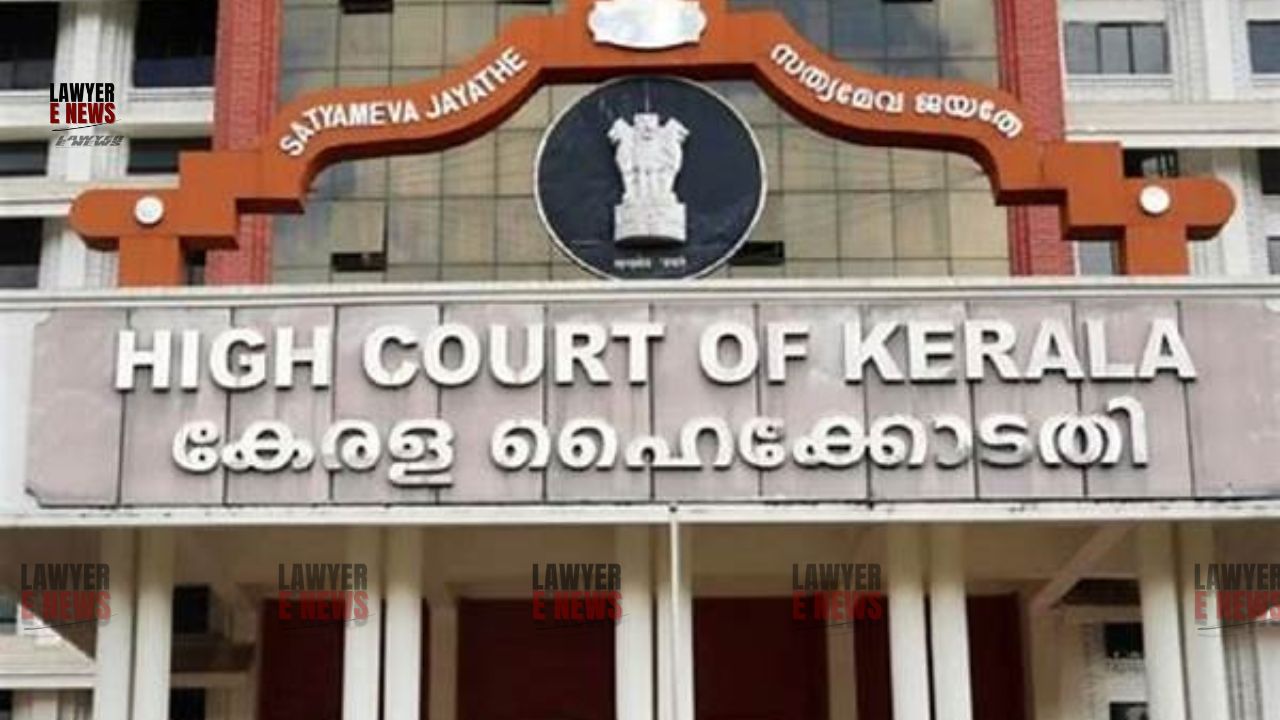-
by Admin
15 February 2026 5:01 PM



The High Court of Kerala has issued a significant ruling clarifying the extent of maintenance obligations under the Protection of Women from Domestic Violence Act, 2005 (PWDV Act). In the judgment delivered on July 23, 2024, Justice P.G. Ajithkumar stated that male children are not entitled to claim maintenance after attaining majority, reversing the appellate court’s earlier decision that had allowed such claims.
The revision petitioner, B. Prakash, challenged the decisions of the Judicial Magistrate of First Class, Kayamkulam, and the Additional Sessions Judge-III, Mavelikkara, which mandated him to pay maintenance to his wife and children under the PWDV Act. The trial court had issued orders to prevent physical, verbal, mental, emotional abuse, and threats against the petitioners, restraining the alienation of the shared household, and mandating monthly maintenance payments.
The High Court underscored that the definition of “child” under Section 2(b) of the PWDV Act limits the age to below 18 years. Justice Ajithkumar noted, “When Section 2(b) emphasizes that a person below the age of 18 years alone is a child, and such a child is entitled to claim maintenance under Section 20(1)(d) of the PWDV Act, there cannot be any doubt that a person who ceased to be a child is not entitled to claim maintenance under the said provision.”
Referring to the Supreme Court’s ruling in Aditi Alias Mithi v. Jitesh Sharma (2023 SCC online 1451), Justice Ajithkumar affirmed that the obligation of a father to maintain his child ceases upon the child reaching the age of majority. The judgment cited, “The liability and responsibility of the father to maintain the child continues till the child attains the age of majority,” emphasizing its general applicability.
The court meticulously analyzed the provisions of the PWDV Act, Section 125 of the Code of Criminal Procedure, 1973, and Section 20(3) of the Hindu Adoption and Maintenance Act, 1956. Justice Ajithkumar pointed out that none of these provisions entitle a male child to maintenance post-majority. He stated, “Under Section 20(3) of the Hindu Adoption and Maintenance Act, a daughter who is unmarried or unable to maintain herself out of her own earnings or other property has the right to claim maintenance from her father. Thus, none of the said provisions entitles a male child who has attained majority to claim maintenance from his father.”
Justice Ajithkumar remarked, “The appellate court, therefore, went wrong in observing that under Section 20 of the PWDV Act, a child is entitled to claim maintenance even after attaining majority. This observation did not consider the definition of ‘child’ in Section 2(b) of the PWDV Act, and hence, the appellate court’s view is against the law.”
The High Court’s ruling in this case sets a crucial precedent regarding the interpretation of maintenance obligations under the PWDV Act. By restricting maintenance claims to minors, the judgment reinforces the legal framework and provides clarity on the extent of parental obligations. This decision is expected to guide future cases, ensuring that maintenance orders align with the statutory definitions and legal principles.
Date of Decision: July 23, 2024
